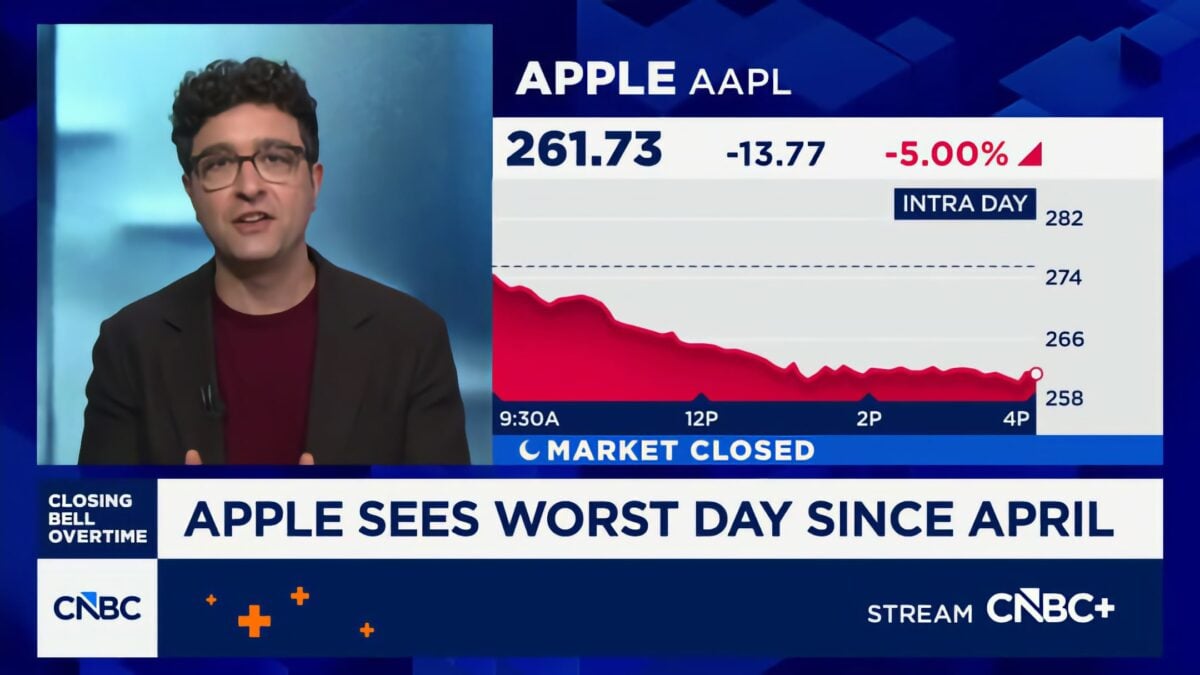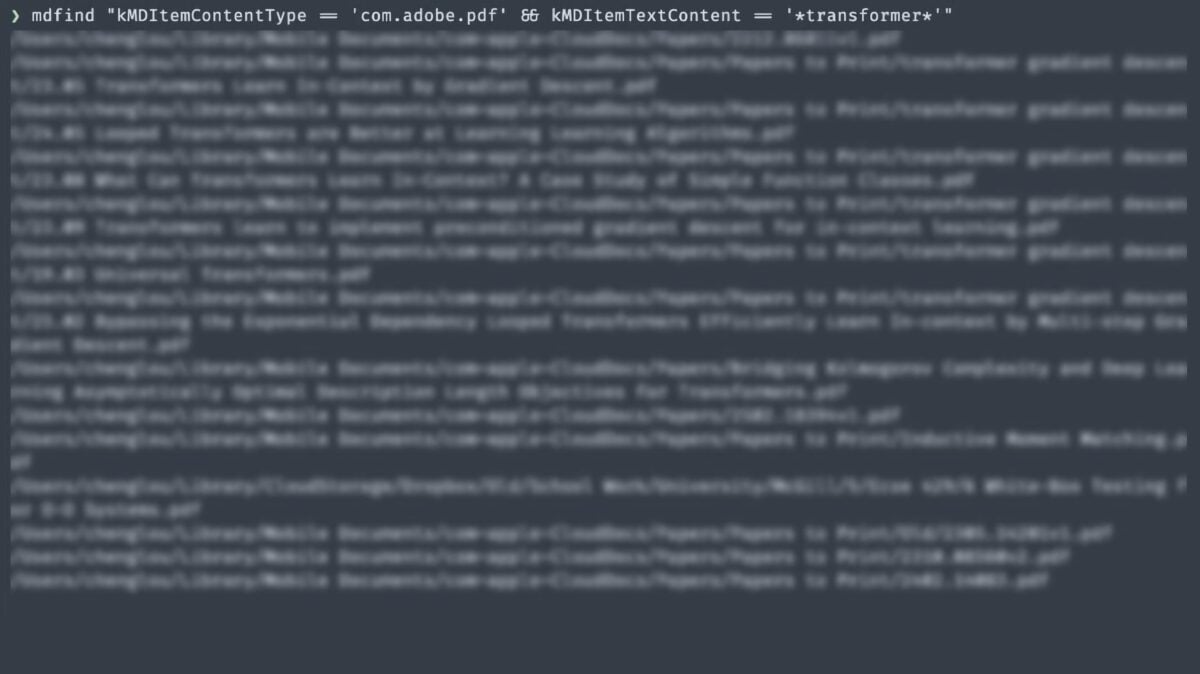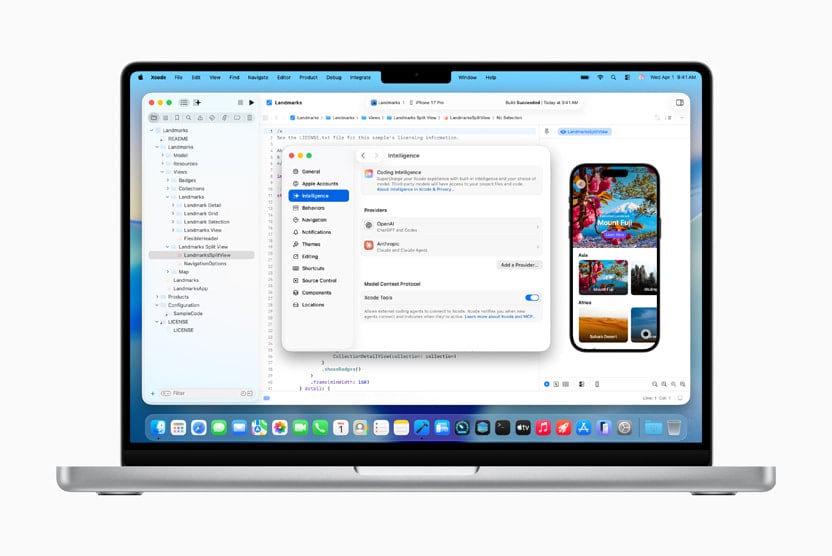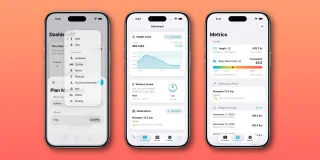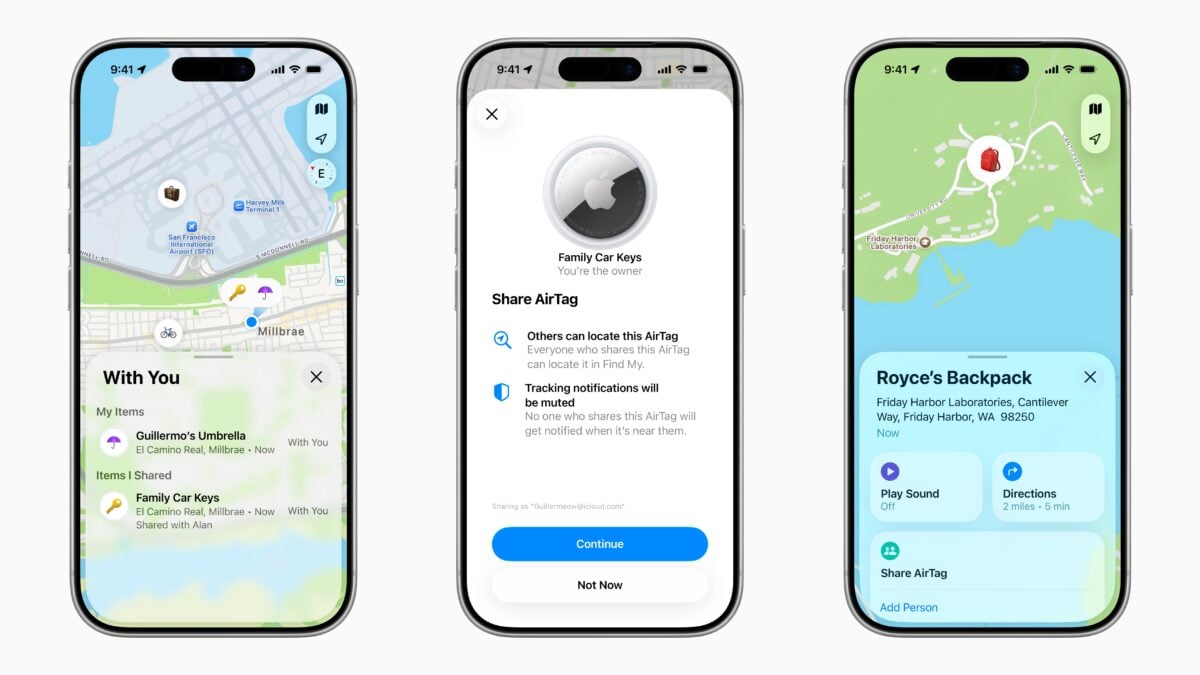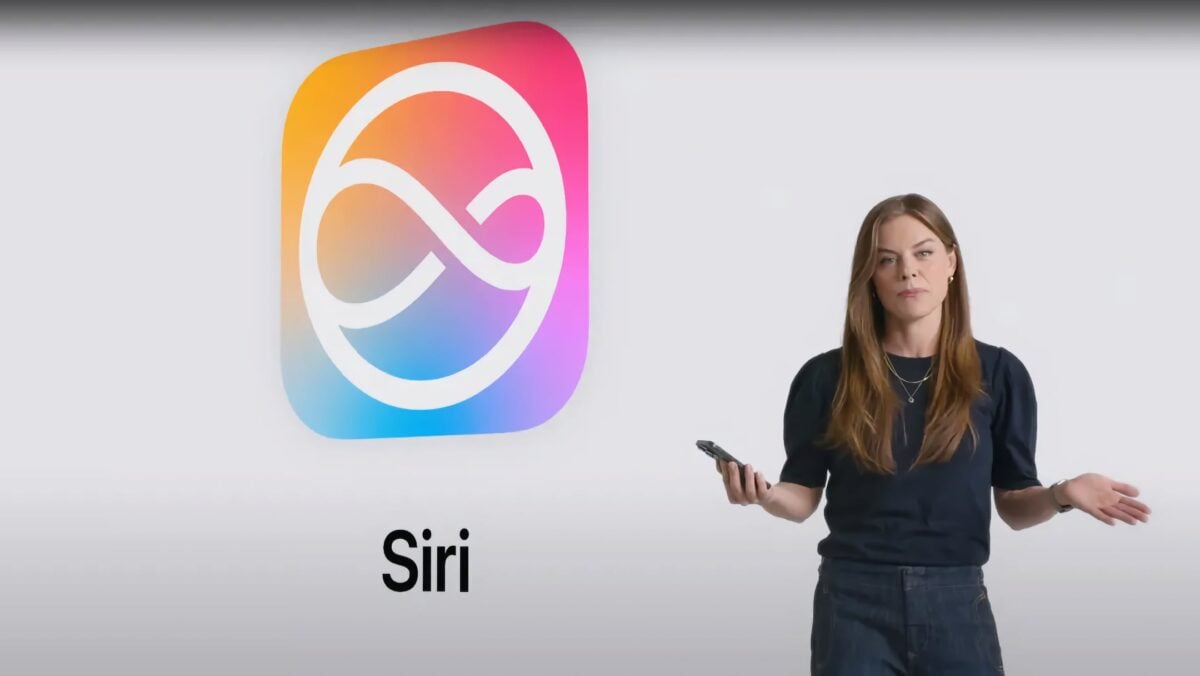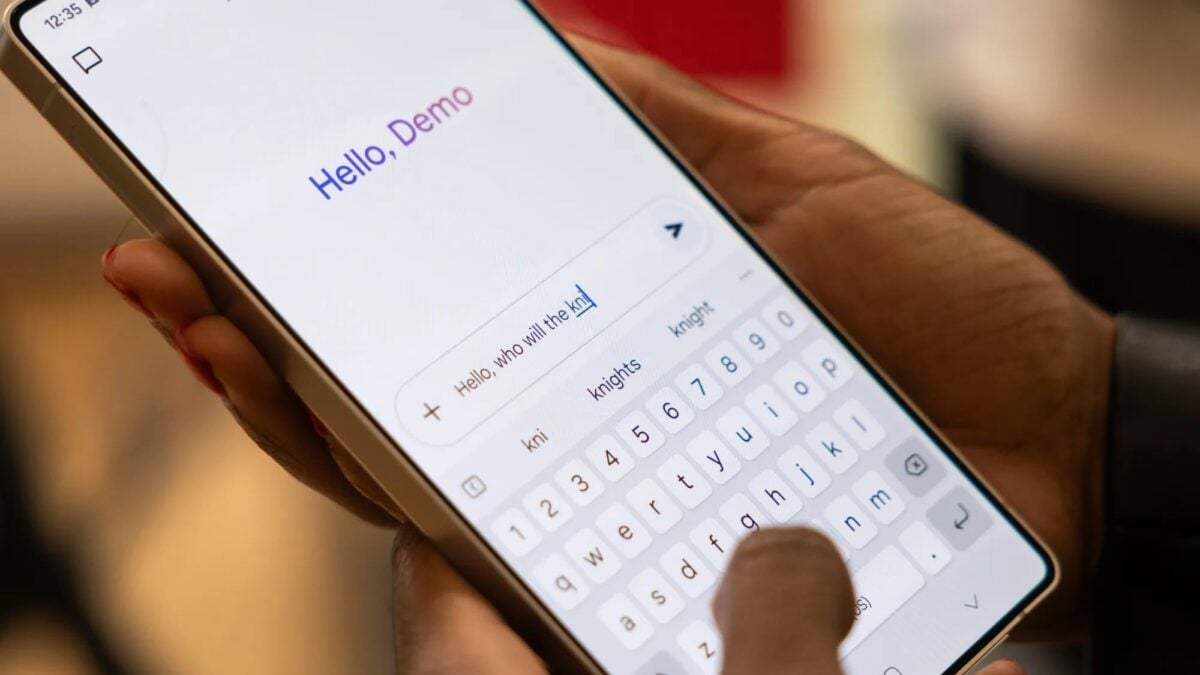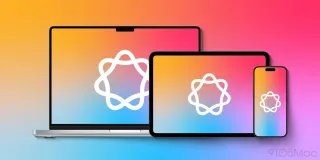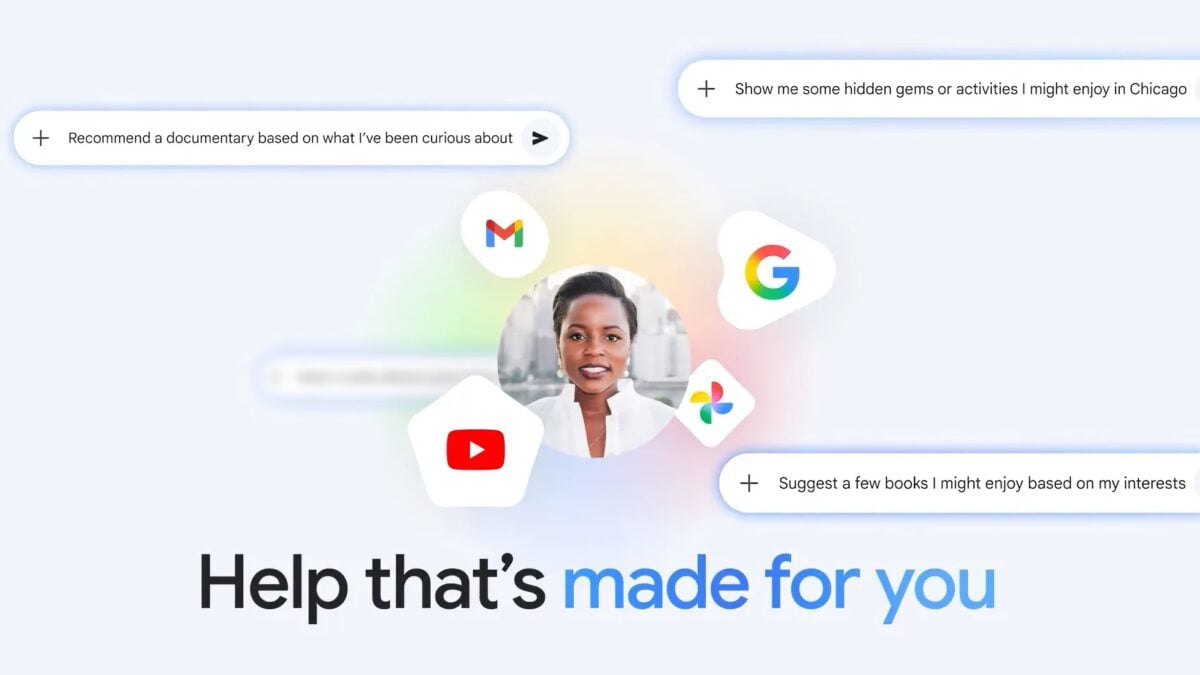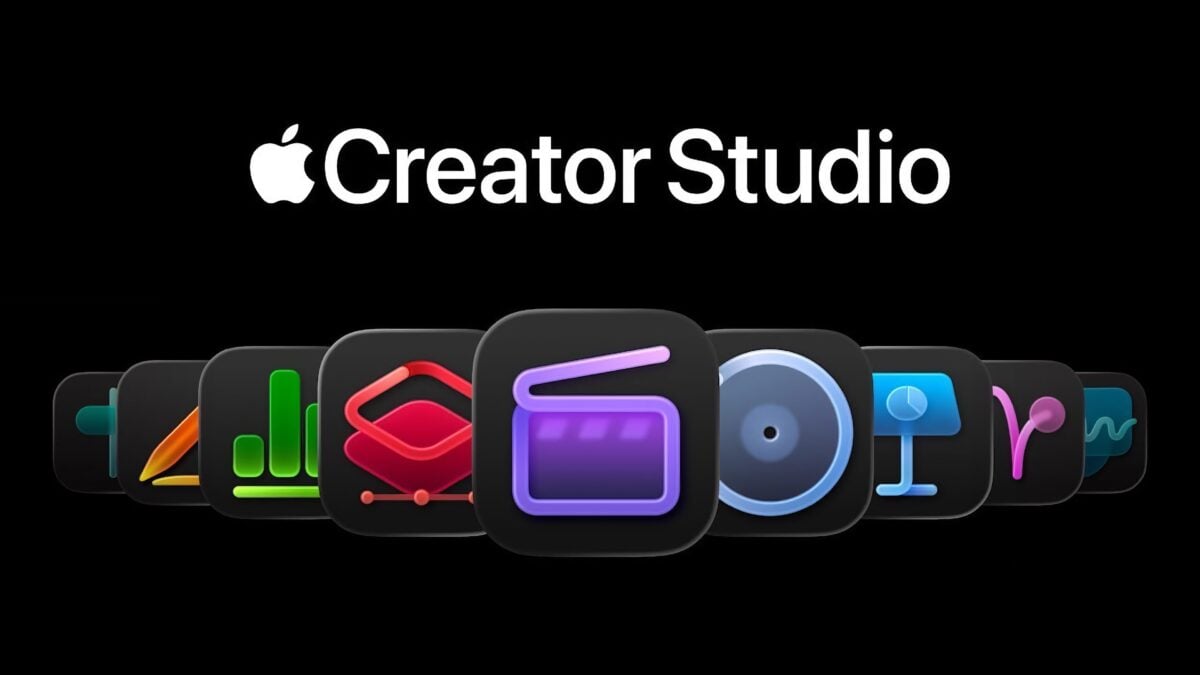From Careers at Apple:
Summary
Play a part in the next revolution in human-computer interaction. Contribute to a product that helps users tune their devices, making them more personal. Create groundbreaking technology to provide intelligence around the apps you use every day. Work with the people who created Shortcuts, Siri, and other system features that help millions of people get things done.
Our team is looking for engineers experienced with working on Apple platforms who are passionate about building complex, performant systems that power Apple Intelligence. In this role, you’ll be part of a cross-functional and collaborative team that works on frameworks and systems that interact with first-party apps and system services. You’ll ship code that runs on the devices you use every day and powers products that are critical to the lives of millions of users!
Description
You will primarily be responsible for developing features and driving performance for the internal frameworks and subsystems that enable action running on Apple platforms. As a Tech Lead Manager, you will manage a small team of one or two engineers while actively contributing code and providing technical leadership. This position is ideal for those interested in stepping into management while staying connected to technical work, or for experienced managers looking to balance leadership with hands-on development.
As a strong programmer and a creative problem solver, you will break down interesting technical challenges and create robust, performant solutions. You will work across teams and organizations, building relationships and crafting compelling system features. You finish projects with a keen eye to the details that surprise and delight customers. You are driven by building software that operates in extremely tight tolerances, where the pursuit of quality and the satisfaction of solving challenging technical challenges and constraints fuels your best work. You will also play a crucial role in guiding our existing products, leveraging your ability to anticipate issues before they arrive, and lead development of essential technologies in early stages. You care deeply about software architecture and writing code that is robust and maintainable for the future. You are excited about developing new features, as well as maintaining existing code, fixing bugs, and contributing to overall system design. You know it’s all in the details.
Posted January 22, 2026. Make sure to peep the Pay & Benefits…
View the original.
